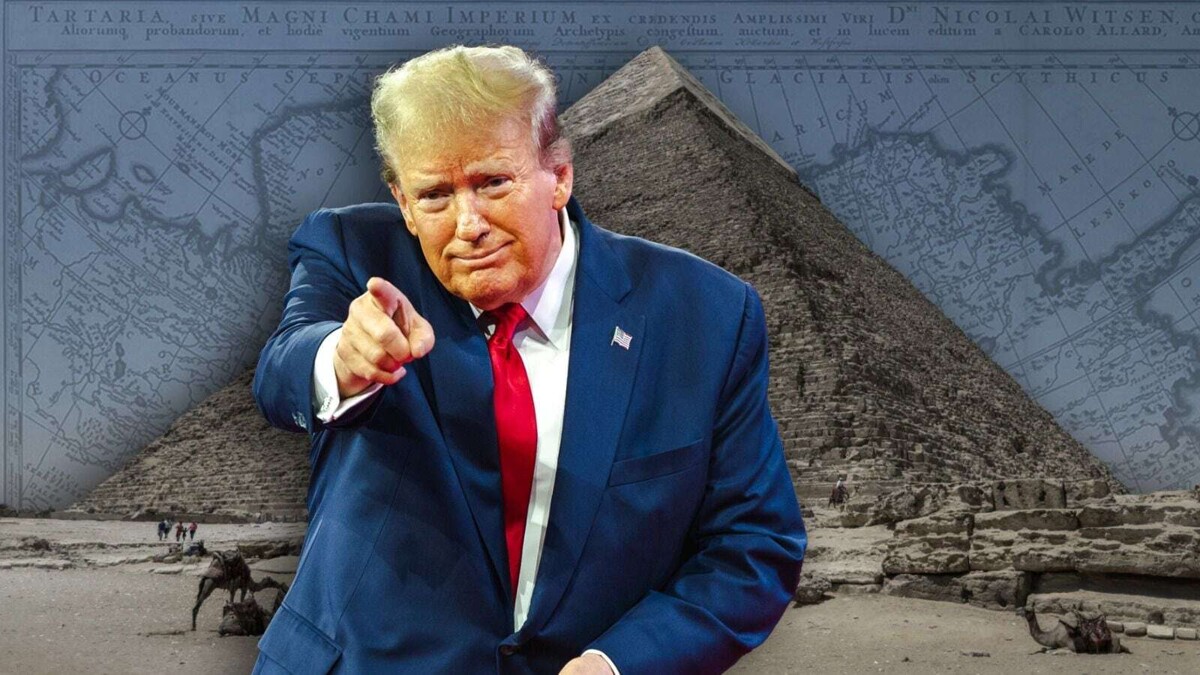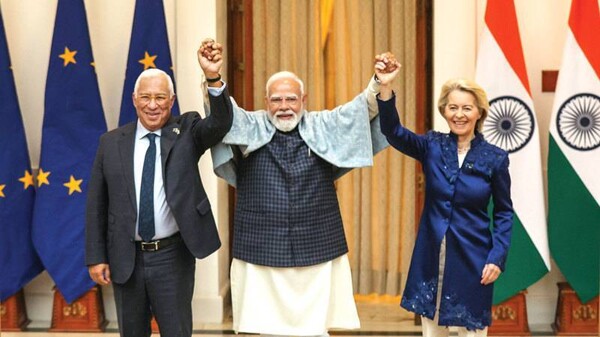
The theory of the Tartarian Empire has gained some relevance in the modern era, fueling speculation about ancient civilizations and the possibility of a glorious restoration in the future. It emerges in online debates among architecture enthusiasts and alternative history fans, sharing photos, videos, and speculations about a mysterious past. Although it is based on basic technical misunderstandings about architecture, the theory has gained ground in political discourse, expressing the vision of populist right-wing figures and serving as a barometer for broader aesthetic concerns.
The belief in the Tartarian theory has resonated with media figures such as Tucker Carlson, former Fox News host, and Donald Trump himself, whose rhetoric fits perfectly into the nostalgic vision and historical revisionism associated with Tartaria. The central idea of a lost Golden Age that could be reclaimed has attracted followers who see in ancient architecture the representation of a forgotten splendor. Despite lacking concrete evidence, the theory persists, fueling belief in a glorious past and its repercussions in the contemporary world.
Supporters of the Tartarian Empire theory seek connections between the lost empire and current events, finding in the rhetoric and actions of figures like Trump signals that support their worldview. However, the lack of solid foundations and the biased interpretations of history pose challenges to validating these beliefs. As the theory continues to gain followers in online spaces and specialized forums, its position in the political and social arena raises debates about the influence of conspiracy theories on the collective perception of history and reality.














